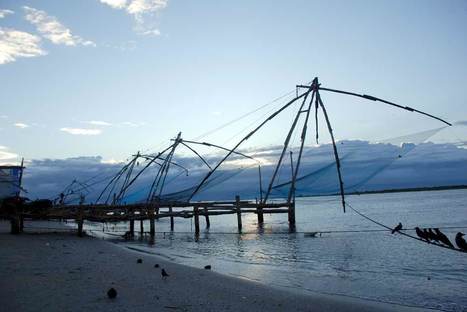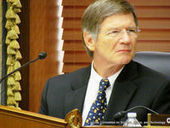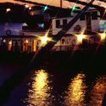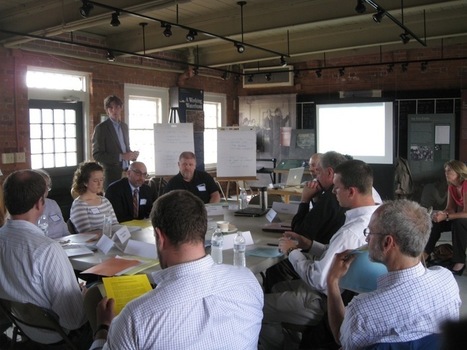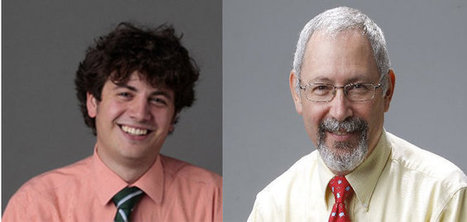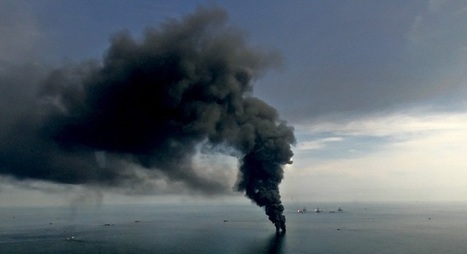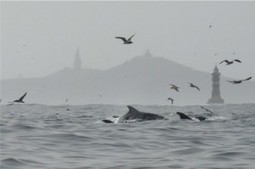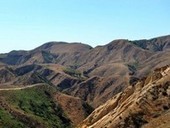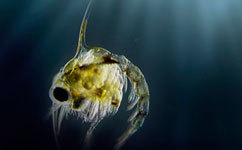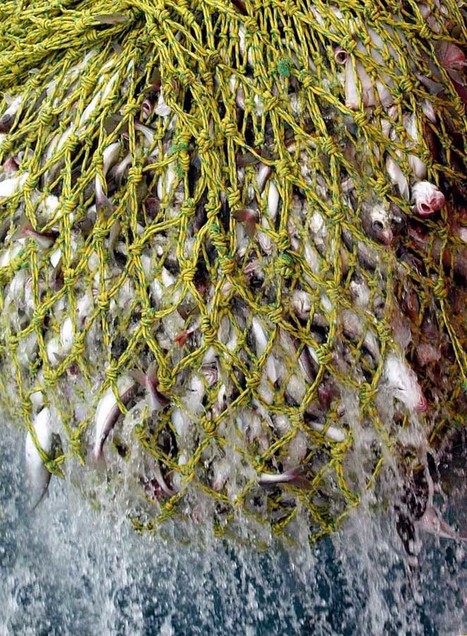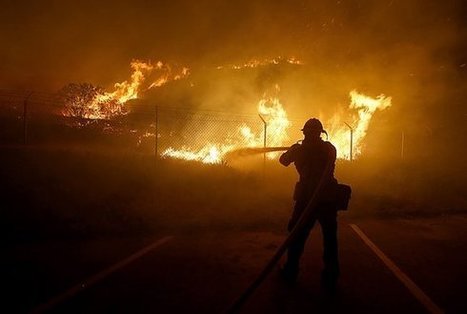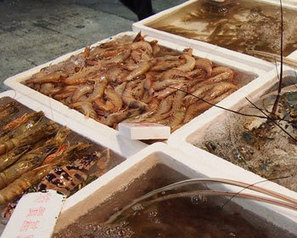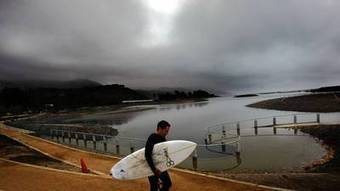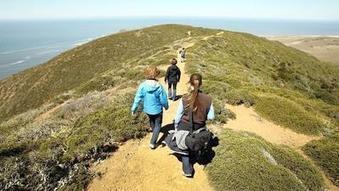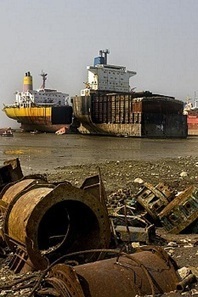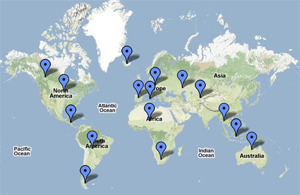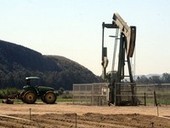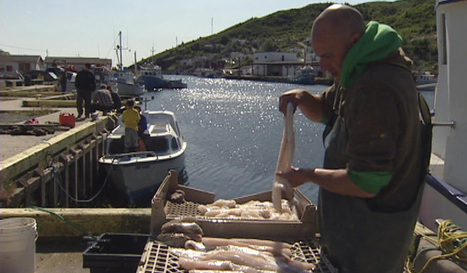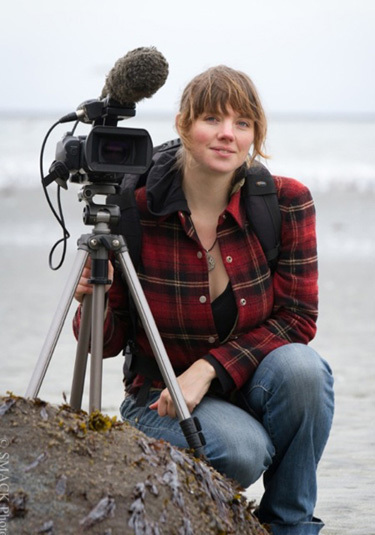A sudden switch from herring to sardines in the English Channel in the 1930s was due to a long-term ocean cycle called the Atlantic Multidecadal Oscillation (AMO), an international study shows.
This is the first evidence linking the AMO to trends in important European fisheries.
The AMO is a 60- to 80-year cycle between warm and cold sea surface temperatures in the North Atlantic. There were warm periods from 1860-1890 and 1930-1960, and we are currently in another one that started in 1995.
"It's an important natural oscillation that's not always fully taken into account in climate models," says Professor Martin Edwards of the Sir Alister Hardy Foundation for Ocean Science in Plymouth, who led the study. "The AMO alternately masks and exaggerates the long-term rise in temperatures due to global warming, and helps to explain how the North Atlantic is warming faster than the global average in some areas."
The study, funded by the governments of the UK, Canada, Norway, the USA and Germany, compared data on sea-surface temperatures with measurements of plankton concentrations in the ocean since 1948, and historical records of sardine egg abundance and herring catches in the western English Channel and Norwegian Atlantic dating back to the 16th century.
They showed that the AMO was the second most important factor influencing the distribution of plankton in the North Atlantic, after the man-made global warming trend, and the most important factor affecting sardine and herring stocks to the west and north of the UK and Norway.
The English Channel represents the boundary between sardines, which prefer warm water, and herring, which prefer cold. In warm periods, the boundary shifts northwards, and in cool periods it retreats southwards.
The AMO's effects on herring, sardine and other fish are dramatic. During the 1930-1960 warm period, the weight of herring spawning in Norwegian seas increased by a factor of ten, while the herring fishery in the English Channel collapsed and was replaced a few years later by sardines.
At the same time, the cod fishery extended northwards by an extra 1000km along the coast of Greenland. During the subsequent cool period in the 1970s, the herring population in the Norwegian Sea fell from 16 million tons to just 50,000, but since the start of the next warming period in the 1990s it has recovered to 1960 levels.
"We were surprised to find such a strong effect," says Edwards. "We thought that global warming would override these other natural signals – although we do expect the global warming effect to dominate over the next 20-30 years." The results should help to improve the accuracy of climate models. It is difficult to disentangle the effects of the oscillation from the impacts of overfishing, though, because fishery statistics are poor, particularly from the past.
The AMO has important implications not just for fish and other marine life, but also for hurricane formation, the frequency of droughts in Africa and North America, and winter temperatures in Europe. The warm phase from 1930-1960 was associated with the Dustbowl drought in the mid-west USA, for example. Twice as many tropical storms mature into hurricanes during AMO warm phases.
The research team now plan to study the underlying mechanism driving the AMO, which may be linked to east-west movements of a cold-water current around Greenland and North America called the sub-polar gyre. They will study how the climate of northern Europe changes as the sub-polar gyre shifts.



 Your new post is loading...
Your new post is loading...

